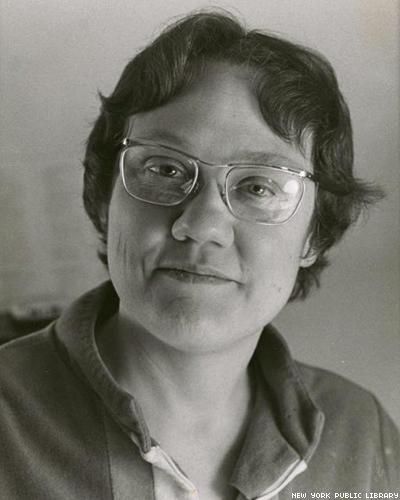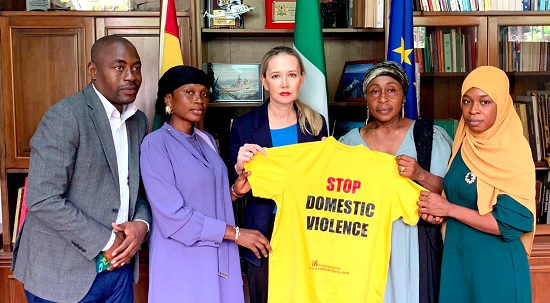National Anti-LGBTQ+ bill
National
Anti-LGBTQ+ bill is nonsense; it shouldn’t have been passed – Sam Okudzeto
A member of the Council of State, Sam Okudzeto, has expressed his disapproval of the passage of the anti-LGBTQ+ bill, questioning its necessity and appropriateness.
In his view, such a legislation should not have been brought forward in the first place, as he sees no valid reason for the state to intervene in the private affairs of consenting adults.
Voicing his concerns in an interview with TV3 on Wednesday, May 8, Mr. Okudzeto questioned the perceived link between individuals' intimate relationships and the broader economy.
He argued that the actions of two adults in the privacy of their bedroom should not be subject to governmental scrutiny or regulation, emphasising the importance of personal freedoms and privacy rights.
Turning his attention to the clergy, Mr. Okudzeto challenged their singular focus on homosexuality as a sin deserving of legislative action.
He queried whether the clergy are equally vocal and proactive in addressing other sins recorded in the Bible.
Mr. Okudzeto insisted on the existence of more pressing and pertinent issues facing the nation that warrant attention and resources and thus called for a re-evaluation of national priorities, suggesting that the focus on anti-LGBTQ+ legislation detracts from addressing critical socio-economic challenges that affect all Ghanaians.
“We have even tried to induce the churches, they are all running around calling on the president to sign the bill. All the sins which are listed in the Bible, what have they been doing about it? LGBTQI is the only one they have seen? We talk about corruption, corruption, from the messenger to the top, every one of us is involved in corruption.”
“When a man and woman go and sleep in the bedroom, is that my business? How does that affect the economy? How does that put food out of my mouth? Does that affect my education? So I have a different view altogether. I think the whole concept, is completely out of the issue…We are preoccupied with someone sitting with a man or a woman sitting with a woman as being a national issue. The whole thing about LGBTQI is a nonsense issue, it should not have come in the first place," he said.
Parliament has unanimously passed the bill criminalising the practice and promotion of LGBTQ+.
Its transmission to President Akufo-Addo for his assent is stalled currently after two citizens challenged the constitutionality of the bill.











